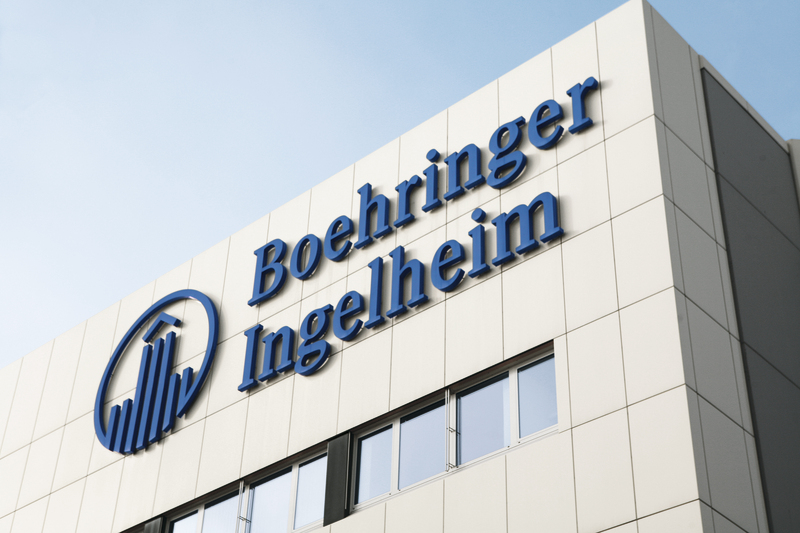BI investigates cancer 'dark antigens' with UK's Enara

Boehringer Ingelheim has signed a strategic collaboration with UK biotech Enara Bio, focused on finding ways to fight cancer using “dark antigens” in a deal worth up to €876 million ($1.07bn).
Dark Antigens represent a new class of cancer-associated antigens that derive from the genomic “dark matter” - the portion of the human genome that is normally not expressed as protein.
These sequences are usually silenced in healthy cells but are activated and presented on tumour cells.
This makes them good targets for targeted therapies that will attack cancer cells while leaving healthy cells alone.
Dark antigens are associated with specific cancers and are shared across patients and since typically not visible to the immune system, they represent a large potential repertoire of novel antigens that can be developed as targets for new immunotherapies.
In the new collaboration, Boehringer wants to combine Enara’s expertise in antigen identification with its immune-oncology technology such as oncolytic viruses and cancer vaccines.
The discovery of shared antigens could lead to the development of vaccines that can be readily used to help a broader group of cancer patients.
Enara Bio’s proprietary technology will be used to discover and validate novel dark antigens in up to three tumour types in lung and gastrointestinal cancer.
Under the agreement, Boehringer Ingelheim has the option to license dark antigens discovered and validated by Enara Bio.
Boehringer will also be responsible for all non-clinical and clinical development, as well as marketing of associated cancer immunotherapies, including therapeutic vaccines and T-cell redirecting biologics.
Enara Bio retains rights to use any discovered antigens for use in cell therapy-based products.
Enara is eligible to receive an undisclosed upfront payment, together with research/preclinical milestones and licensing fees for each tumour type that is explored.
The Oxford-based biotech is also eligible to receive more than €876 million in clinical, regulatory and commercial milestones, in addition to royalties on future product sales.
Boehringer has been particularly active in cancer deal making, buying Swiss cancer biotech NBE-Therapeutics for €1.16bn ($1.43bn) in December, snapping up antibody-drug conjugate technology.
In the same week it bought cancer vaccine and oncolytic virus specialist Labor Dr. Merk & Kollegen.













